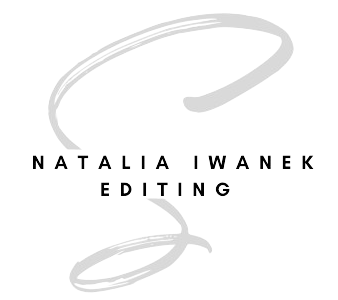Tips for Improving Your Writing
Many writing and editing blogs offer various tips for improving your writing skills. Many also offer advice and best practices for editing your own work. As an editor, I agree that self-editing is an important part of the writing process.
It helps hone your writing skills, refines your ideas, and polishes your draft during each step of the way. It also helps you identify all those bad writing habits—that we all have!
However . . .
However, I am firm in my stance that all writers need professional editing service, reasonably in each of the various stages of the editing process. These include developmental editing, stylistic editing, copy editing, and proofreading.
Ok, but who edits the editors?
Good question!
Even editors, who are also writers, need to have their work edited.
Although we are skilled in the editing profession, there exists the adage about being too close to your writing. After you’ve worked on a document for so long, only someone with more distance can flag your errors, bad writers’ habits, and word and phrase repetition. And all writers need advice, input, and criticism. It is impossible to maintain objectivity about your own work.
A great resource is Self-Editing for Fiction Writers by Rennie Browne and Dave King.
What about friends and family?
Many new writers often ask relatives, spouses, partners, and friends to review their work. Unfortunately, those close to you may feel uncomfortable or unable to give constructive criticism, or apply a professional editing lens to your work.
Additionally, although self-editing is no substitute for professional editing services, 5 simple tips can help improve your writing skills.
5 Tips for Improving Your Writing
Let it rest.
You’ve finished your draft. Now what? Take a break from your document. You’ve been working on it for so long. This could be overnight, for a few days, or even a week, if possible. I guarantee that you will come back to it with a fresh perspective. You will be surprised at the gaps, omissions, and errors that you will spot.
Choose active voice over passive voice.
Secondly, the clarity of your writing will be improved with active voice. In simple terms, the meaning of your message will be better understood by your target audience. How does active voice do this? It leaves no doubt who is taking the action in the particular sentence. (Check out my blog on “Plain Language Tips,” which explains the importance of active voice).
Remove redundant words.
Do you find yourself using the same words repeatedly? (ex: In addition, therefore, in particular). Instead, opt for synonyms. Another example of removing redundancy is to avoid double negatives (ex: not unlikely).
Hyphenate modifiers.
Hyphens are used to modify compound words (ex: long-term relationship). However, if a word ends in –ly, there is no need to hyphenate (ex: highly esteemed professor). (Check out my blog on the “Em Dash,” which covers the use of the—often confused—em dash, en dash, and hyphen). —Do you see what I did there?
Modify your bad habits.
Finally, every writer develops certain bad habits over the years. However, it is important to become aware of these habits, especially during the self-editing stage. Once aware, try to modify them. Do you repeat certain words? Are you fond of clichés? Do you overuse jargon or buzzwords? I, myself, am guilty of overusing the idiomatic phrase, “in particular.” And don’t even get my editors started on my use of the conjunction “as well as.”
What other tips to improve your writing would you recommend? I’d love to hear from you! To learn more about me, please visit my about me page, which lists my full experience and rates. Contact me for more information about your project needs.

